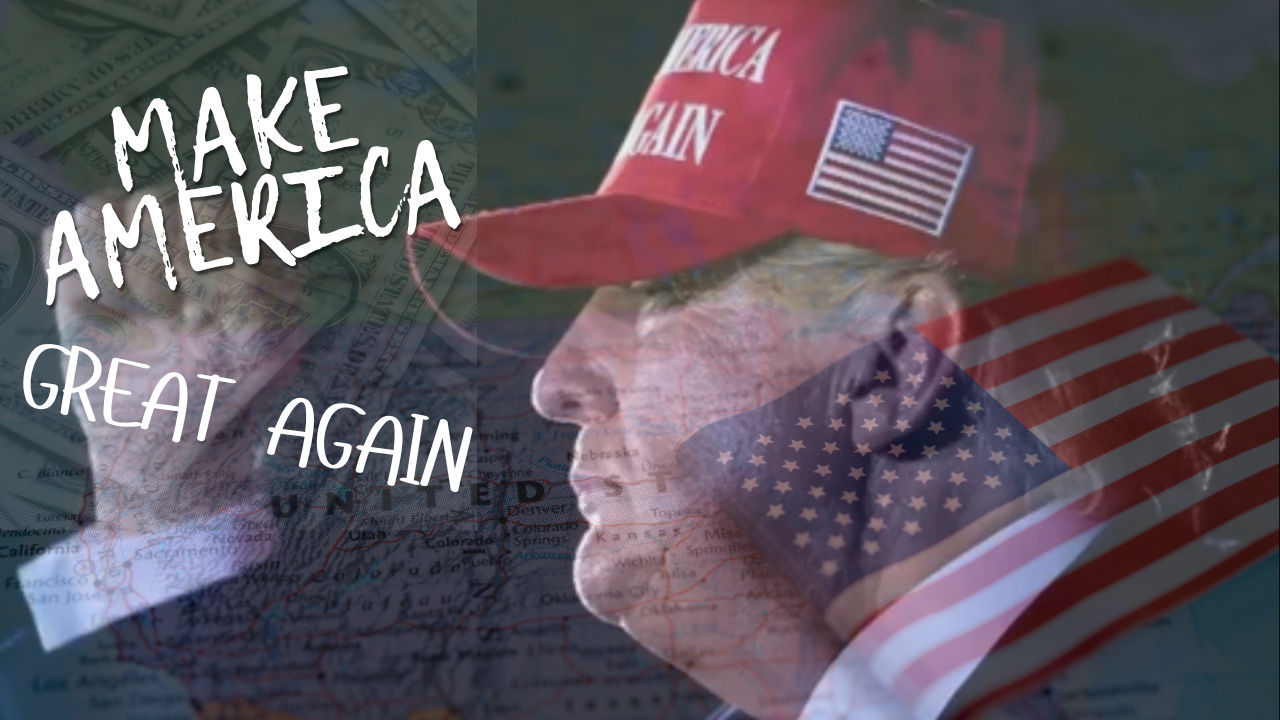In 2025, the concept of state-managed Bitcoin and digital asset reserve funds has transitioned from theoretical discussions to tangible policy implementations across various jurisdictions. Governments are increasingly recognizing the strategic value of incorporating cryptocurrencies into their financial reserves, aiming to hedge against inflation, diversify assets, and assert economic sovereignty.
Why Nations Are Hoarding Digital Assets in 2025
- Hedge Against Inflation & Currency Risk
- Bitcoin seen as “digital gold” to protect national reserves from fiat devaluation.
- Diversification of Sovereign Reserves
- Enhances resilience of central bank portfolios beyond USD, gold, and bonds.
- Strategic Sovereignty & Independence
- Reduces reliance on U.S.-controlled financial systems (e.g., SWIFT, USD dominance).
- Rising Institutional Legitimacy
- Approval of Bitcoin ETFs and global regulatory clarity have increased trust in crypto.
- Revenue from Seized or Mined Assets
- Countries like the U.S. (via forfeitures) and Bhutan (via mining) monetize digital assets.
- Support for Innovation & Local Crypto Industry
- Signals a tech-forward stance; boosts national blockchain ecosystems.
- Geopolitical Leverage
- Early accumulation provides potential leverage in future digital economic systems.
- Public Policy Alignment
- Aligns with pro-crypto constituencies and youth demographics in many countries.
- Store of Value in Crisis
- Useful in times of sanctions, war, or banking system instability (e.g., Ukraine, Venezuela).
- First-Mover Advantage
- Accumulating now could yield outsized strategic and financial returns later.
Global Momentum: Nations Embracing Digital Reserves
United States: Federal Initiatives
On March 6, 2025, President Donald Trump signed an executive order establishing a Strategic Bitcoin Reserve and a broader U.S. Digital Asset Stockpile. This initiative repurposes over $17 billion worth of forfeited bitcoins from criminal and civil cases to build a federal reserve of digital currency. The reserve, managed by the Treasury, employs strategies such as dollar-cost averaging and is prohibited from selling the bitcoin, preserving it strictly as a long-term asset.
El Salvador and Bhutan: Pioneers in Bitcoin Reserves
El Salvador continues to lead by example, holding over 6,000 BTC (approximately $569 million), aligning with its pro-Bitcoin stance. Bhutan has been mining Bitcoin since 2019 and has accumulated 12,206 BTC (around $1 billion), a significant share of its GDP.
Brazil: Launching RESBit
Brazil has introduced the sovereign strategic bitcoin reserve, known as RESBit, aiming to allocate a portion of its international reserves to Bitcoin. This move positions Brazil as a leader in financial innovation and economic independence.
Switzerland: Constitutional Amendment Proposal
Swiss crypto advocates have launched a proposal to amend Article 99 of the Swiss Constitution, requiring the Swiss National Bank to hold a portion of its reserves in gold and Bitcoin. The initiative, officially registered in December 2024, needs to collect 100,000 valid signatures within 18 months to trigger a public referendum.
🇺🇸 U.S. States: Diverse Approaches to Digital Reserves
New Hampshire: Legislative Milestone
New Hampshire has become the first U.S. state to establish a cryptocurrency reserve under newly passed legislation HB 302. The bill allows the state treasurer to allocate up to 5% of public funds into precious metals and digital assets with a market capitalization exceeding $500 billion—currently including only Bitcoin. The digital assets will be securely stored either through a custody solution or an exchange-traded product.
Texas: Innovative Funding Mechanism
Texas plans to accept taxes and donations in crypto, converting them into Bitcoin, with a mandate to hold the reserves for five years. This approach leverages the state’s significant Bitcoin mining infrastructure and aims to provide financial stability.
Ohio and Pennsylvania: Legislative Proposals
Ohio’s Bitcoin Reserve Act proposes establishing a state-managed Bitcoin fund to safeguard against the devaluation of the U.S. dollar and potentially assist in reducing the state’s $72 billion debt. Pennsylvania proposes investing up to 10% of its State General Fund into Bitcoin, amounting to nearly $1 billion, to combat inflation and preserve the value of state funds.
Arizona: Legislative Advances
Arizona’s legislature approved the Strategic Digital Assets Reserve bill (SB 1373), creating a Digital Assets Strategic Reserve Fund managed by the state treasurer. The fund combines state-appropriated dollars with digital assets seized by law enforcement, limiting investments to no more than 10% of total deposits in any fiscal year.
Market Implications and Future Outlook
The establishment of state-managed Bitcoin and digital asset reserves signifies a transformative shift in public finance. These initiatives not only diversify government assets but also legitimize cryptocurrencies as viable components of national financial strategies. As more jurisdictions explore and implement such reserves, we can anticipate increased institutional adoption, enhanced market stability, and a redefined global financial landscape.
For further insights into the evolving landscape of digital asset reserves, consider exploring the following resources:



